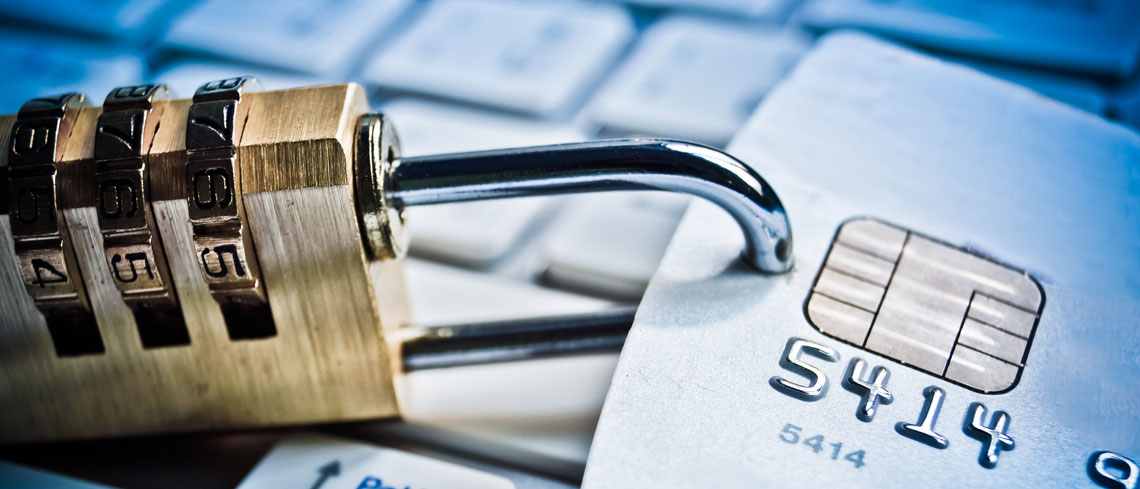Online Fraud
Emails
- Check the sender email address to verify that it is from a valid email account.
- Make sure that the URL provided in the email leads to a valid website.
- Open emails only when you know the sender.
- Attachments that look questionable or unknown may have viruses, so be careful opening or downloading files, even from friends.
- Stay up-to-date on email fraud trends.
- Be careful before clicking on links contained in an unknown email. Even if you don't supply it, just clicking can enable thieves to access your computer, record your keystrokes and capture passwords you use to access various websites.
- Never fill in an email with input fields that ask you for sensitive data such as username, passwords, ATM PIN’s and account number information.
- Do not open or follow instructions in any email asking you to verify information.
As a provider of online banking services, KCU will occasionally communicate with its members via email.
- If you use a link in an email from KCU, you can make sure that you are on a Kohler Credit Union page by comparing it against the known URL (www.kohlercu.com) you use to access your account.
- KCU will ask you to enter your username and password ONLY when you are on our site.
- KCU will NEVER ask you to send sensitive account information such as your credit card number, account number, password, username, etc. through email.
Websites
Fraudulent websites are created to look identical to those of a legitimate company. Phony websites, also known as spoofed websites, use an organization's website graphics and logos, but are created in an attempt to steal sensitive personal and financial information. Once at a phony site, you might unknowingly enter personal information that will be transmitted directly to the fraudulent party who created the site, giving them access to purchase goods, apply for a new credit card or even steal your identity.
- A phony website will not contain the padlock symbol or https:// in the URL.
- Most commonly, phony websites will lure customers through spam email(see above).
- Inspect a URL for the presence of an "@" symbol, e.g., kohlercu@statements.com. This is a common sign of a fraudulent website. Even if the URL contains the phrase "kohlercu" it does not ensure that it is our website.
- Be suspicious of sites that display an IP Address, or numerical address, e.g., http://190.192.100.255 in the address bar instead of a domain name.
Phishing
Phishing is a way of attempting to acquire sensitive information by pretending to be a legitimate company. Victims are lured in by phony websites, email spoofing or instant messaging where they are then susceptible to giving out or verifying private information that can be used to hack into your finances and more.
- Practice safe banking etiquette to avoid phishing.
- Verify that emails are legitimate.
- Be aware of phony websites and how they work.
- If you become aware of a phishing attack, report it to the authorities.
Vishing
Vishing is a combination of “voice” and phishing because it is the criminal practice of social engineering over the telephone. If you use a Voice over Internet Protocol (VoIP) phone service, you are particularly vulnerable to this scam. Vishing is very hard for authorities to trace and monitor, so it is important that you are alert to such a behavior.
- Be highly suspicious when receiving calls or messages asking for or verifying sensitive financial information.
- Be leery of any automated recordings posing as a credit card company or financial institution.
- Never give suspicious parties your information. Even if you use your telephone keypad or keyboard to type in your details, if you are on the line, the scammer can record them.
- Do not use a contact number provided by the caller.
- Directly call the organization to check the legitimacy of the request.
Dumpster Diving
Not only can dumpster diving help criminals gather information for fraud purposes, it can also be used for spying on companies and neighbors. Once you throw something in the trash for pickup, your privacy is thrown to the curb too.
- Shred mail that has personal information such as account statements, utility bills, credit card pre-approvals, expired credit cards, canceled checks, etc.
- Destroy electronic items that may have data stored on them including laptops, USB devices, iPods, phones, etc. before throwing them away.
- Consider when you place your trash bins outside for pick up. The less time between pickup and when you put the trash outside, the less time a thief has to grab information.
- The less paper trail, the better. Sign up for eStatements and online bill pay.
Re-routing and stealing mail are the top two offline identity theft methods.
- Watch your mailbox. Drop mail off at the post office instead leaving it in your mailbox.
- If you’re going out of town, put a hold on your mail.
- Not getting mail? Contact the post office immediately.
Trends in Fraud
Foreign Business Offers. They pretend to be business people or government officials from various countries with business propositions that will make you money.
Warning signs:
- They ask you to transfer money from their country to your bank account.
- They ask you to invest in a partnership that will make you rich.
- They say they will send you a check or money order as an advance on the millions you will receive. In return they ask you to send cash for legal services, bonding or other expenses.
- They ask you to set up a domestic bank account because they can’t from out of country.
- A soldier is trying to ship home money to help his struggling family and needs your help.
Overpayments. They offer overpayments on items you advertised in the classifieds or an online auction such as Craigslist.
Warning signs:
- They claim they want to buy the item you have for sale and will overpay for it to receive it sooner…they just need some information from you.
- They send or give you a check or money order for more than the purchase price and ask you to return the excess to them or someone else.
- They say a check or money order payment will come from someone who owes them money, then tell you to deduct your share and send them the rest.
Rental Schemes. They want to rent your property, but have some suspicious requirements.
Warning signs:
- They claim to be moving from outside the area or another country and will send a check or money order for rent, plus extra for the shipping of their items. They ask that you forward the extra cost to someone else.
- They have unexpected expenses and ask you to cash a check or money order, then send some of the money back as a favor.
- Their check or money order for rent includes extra to rent a car, asking you to send the money to someone who will make the car arrangements.
Sudden Riches. You won a foreign lottery, sweepstakes or a cash grant!
Warning Signs:
- They send you a check or money order as an advance and ask you to send money to get the rest of your payment to cover fees or shipping costs.
- To gain your trust, they pose as a well-known sweepstakes company. If you feel you may have won, call that company directly—not from the information you received—and verify.
- They say you won a foreign lottery or sweepstakes. That’s impossible unless you traveled to that country to enter. It is illegal to buy or sell tickets across the U.S. border.
- They say you’ve been selected for a cash grant that you did not apply for.
Work-at-Home. They promise easy money and the ability to work from home.
Warning Signs:
- They will hire you on the basis of an email or phone call without any formal interview or background check.
- They ask you to help process payments by depositing checks or money orders intended for their company into your account.
- They ask you to be a “mystery shopper” and for you to send funds from a check or money order to test a service.
Love Losses. You think you’ve found that special someone online.
Warning Signs:
- They promise to come to the U.S. to be with you, but they need you to send money to help get them there.
- They live in a foreign country and they have a check or money order that need help to cash.
- They claim to have a medical emergency or some other problem and ask that you cash a check or money order and send it to them.
Exploitation through Education. Targets education-seeking and unemployed individuals looking for a fast, easy way to change careers and make more money.
Warning Signs:
- They offer a secret system that promises easy success and riches.
- They promise streamlined schooling to a high-paying job.
- If you pass a test you could get a nice government job.
Trumped Up Diagnoses of Problems. Scammers exploit consumers’ lack of expertise, their trust in authority and any critical need.
Warning Signs:
- They know something about a product or procedure you’ve had before you do.
- They scare you with an undetected problem in a product or medicine.



